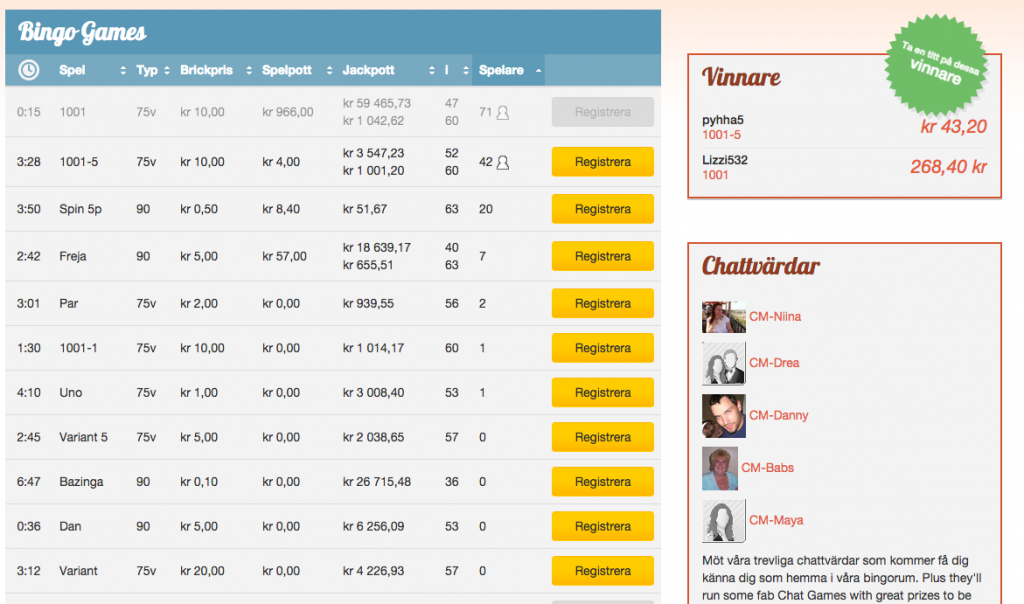In recent years, the use of gamification and reward systems in various industries has gained significant attention due to their potential to enhance user engagement, motivation, and overall performance. Mega Medusa, a leading healthcare technology company, has been exploring the integration of gamification elements and reward systems into its products and services to improve user experience and drive desired behaviors.
One of the key challenges in implementing gamification and reward systems in a healthcare setting is optimizing the design and structure of these systems to effectively motivate and engage users. In this article, we will explore the principles of reward system optimization and the effectiveness of gamification in Mega Medusa’s platform.
Gamification is the use of game design elements in non-game contexts to motivate and engage users. By incorporating elements such as points, levels, badges, challenges, and rewards, gamification aims to enhance user experience, drive desired behaviors, and increase retention. In the context of healthcare technology, gamification can be used to promote healthy behaviors, encourage adherence to treatment plans, and improve overall patient outcomes.
When designing a gamified system, it is essential to consider the target audience, their motivations, and the desired behaviors that need to be encouraged. Mega Medusa has conducted extensive research to identify the specific challenges faced by patients and healthcare providers and has tailored its gamification system to address these challenges effectively.
One of the key components of a successful gamification system is the reward system. Rewards play a crucial role in incentivizing and motivating users to engage with the platform, complete tasks, and achieve their goals. However, designing an effective reward system requires a deep understanding of human psychology, motivation, and behavior.
Mega Medusa has implemented a sophisticated reward system that offers a diverse range of incentives, including points, virtual badges, discounts on products and services, and access to exclusive content. By offering a mix of intrinsic and extrinsic rewards, Mega Medusa aims to appeal to different types of users and maximize engagement.
To optimize the effectiveness of the reward system, Mega Medusa continuously monitors user behavior, collects feedback, and iterates on the design based on data-driven insights. By analyzing user engagement metrics, such as completion rates, retention rates, and user feedback, Mega Medusa can identify areas for improvement and refine its gamification strategy to drive better outcomes.
In addition to optimizing the reward system, Mega Medusa has also leveraged the principles of behavioral psychology to enhance the effectiveness of its gamification strategy. By implementing techniques such as goal setting, progress tracking, social comparison, and feedback loops, Mega Medusa provides users with a sense of accomplishment, mastery, and social connection, which are key drivers of engagement and motivation.
In conclusion, reward system optimization and gamification effectiveness play a crucial role in enhancing user engagement, motivation, and performance in Mega Medusa’s healthcare technology platform. By continuously refining the design of its gamification system, tailoring rewards to user preferences, and leveraging behavioral psychology principles, Mega Medusa has been able to create a compelling user experience that drives positive health outcomes.
. . .
Key Takeaways:
-
mega medusa casino
- Designing a successful gamification system requires a deep understanding of user motivations and behaviors.
- Optimizing the reward system is essential for incentivizing users and driving desired behaviors.
- Continuous monitoring, data analysis, and feedback collection are critical for refining and improving gamification strategies.
- Implementing principles of behavioral psychology can enhance the effectiveness of gamification in healthcare technology platforms.



